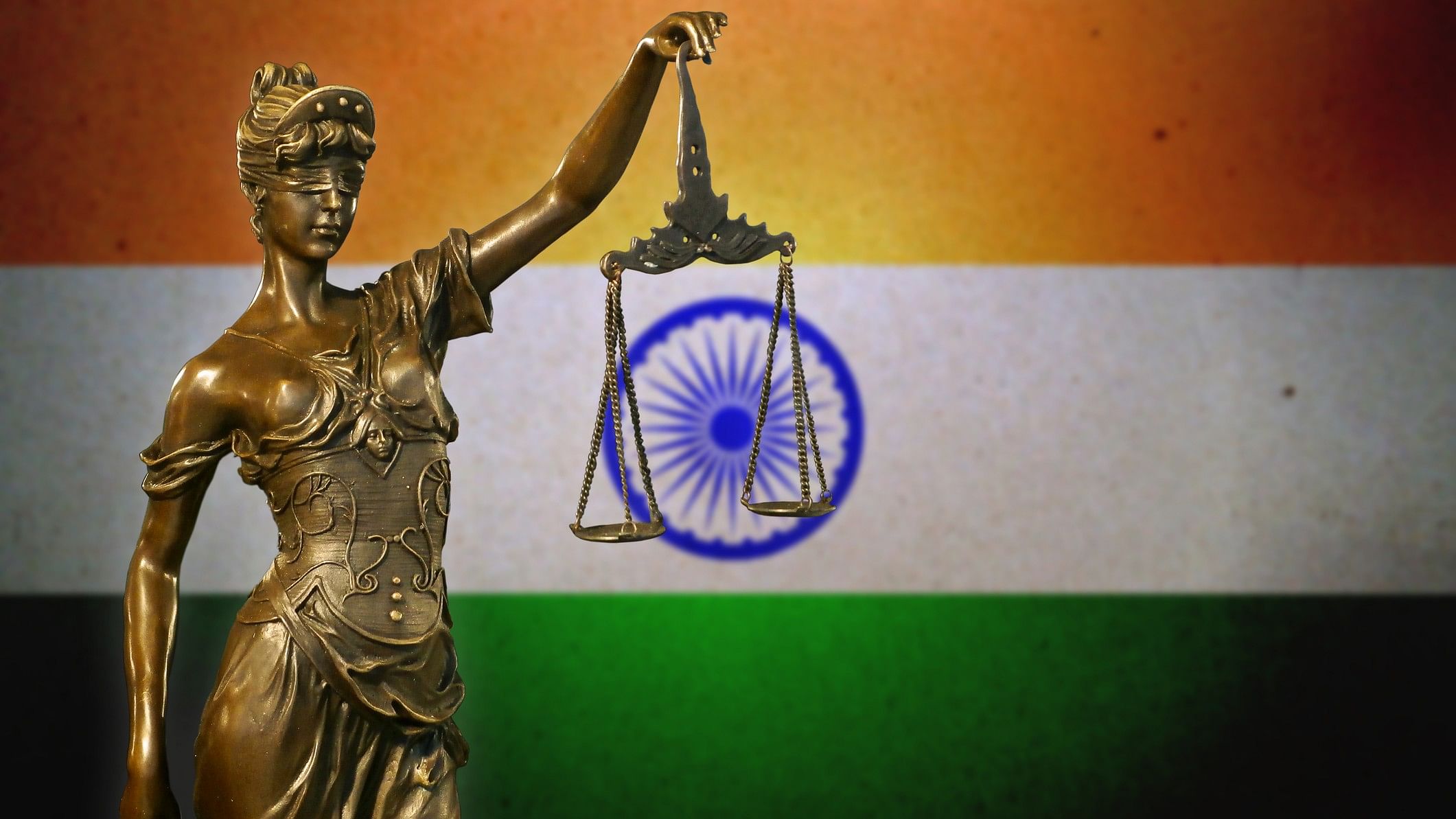[ad_1]
Last update STI

To truly decolonize India’s criminal justice system, a move toward less arbitrary legislation, accountable policing, and evidence-based punishment is necessary.
In recent weeks, our discussions have focused on the significant shortcomings of three bills aimed at overhauling India’s criminal justice system. From their failure to effectively “decolonize” to lingering Victorian influences and their neglect of crucial women’s issues, the Bills reveal substantial shortcomings. At the end of this review, a crucial question arises: What would a sincere and deliberate effort to enact India’s major penal codes look like?
The Indian Penal Code follows Jeremy Bentham’s utilitarian philosophy, an approach that involves the idea that punishments should fit crimes – assuming that punishment can inspire positive outcomes through deterrence. Unfortunately, bills ostensibly aimed at “decolonizing” the Indian criminal justice system do not clearly present the penal philosophy of the modern postcolonial Indian state. They fail to clearly define the purpose of criminal law in India and fail to address what the state deems worthy of criminalization.
The rewriting of criminal law provides a unique opportunity to reimagine India’s approach to crime and punishment, rooted in progressive and reformative conceptions of justice.
Our analysis of legislative and judicial perspectives on criminalization shows that these institutions understand the profound impact of criminal law on the lives of citizens. Courts have gradually moved to narrow the scope of criminal law, striking down provisions that criminalize begging, homosexuality, attempted suicide, and adultery. In doing so, the courts have established a general guiding principle that opposes criminalization if it violates fundamental rights, personal autonomy or if the criminal provision is discriminatory. Despite broad consensus on the principles of criminalization, a pervasive problem of overcriminalization persists in India, particularly in laws related to social and regulatory issues. Criminal provisions, ranging from kite flying regulations to industrial registration, are omnipresent, contributing to a fraught legislative landscape of more than 6,000 criminal provisions spread across more than 400 Union laws.
Reviewing laws also provides an opportunity to streamline sanctions, ensuring they are proportionate and aligned with the purpose of criminalization. However, the existing system shows arbitrariness in prescribing sanctions; for example, the offense of assault or use of criminal force carries a three-month sentence, while “dangerously flying a kite” can result in a two-year prison sentence.
Furthermore, for a true overhaul of our criminal justice system, there is an urgent need to make the entire process truly citizen-centered. Addressing the procedural shortcomings of these bills requires amendments that carefully consider the issues affecting our criminal procedure. The bills, while affirming the need for a comprehensive overhaul of criminal justice processes, fail to deliver on this promise. This review should assess legal gaps, procedural bottlenecks leading to delays and adopt measures aligned with the contemporary needs of our people.
Likewise, a critical assessment of our law of evidence is imperative. The Indian Evidence Act (IEA) bears the imprint of colonial influences and stereotypes on the unique characteristics of Indian culture. The perceived prevalence of deception among Indians significantly influenced the drafting of the AIE, leading to high evidentiary standards, increased emphasis on medical evidence, and overreliance on expert testimony. A thorough review of the IEA is essential to ensure that it aligns with contemporary values, fairness and a citizen-centered legal system.
To truly decolonize India’s criminal justice system, a move toward less arbitrary legislation, accountable policing, and evidence-based punishment is necessary. This involves conceptualizing a comprehensive set of principles guiding criminalization and prescribing sanctions. Balkan countries such as Albania, Croatia and Slovenia prescribe criminal sanctions for acts threatening individual freedoms and human rights. Similarly, Germany, which has moved away from punitive measures, has redefined its approach to criminal justice by abolishing the death penalty, shortening incarceration periods and broadening the range of offenses punishable by fines. or probation.
Taking inspiration from these countries, India can adopt a principled framework for the development of criminal law. The framework should consider protecting values that are vital to society and its political power; ensure that rights/actions protected by the Constitution are not criminalized directly or indirectly through vague terms; and ensure that punishment is consistent with the objective of safeguarding values, that is, criminalization must either remedy the wrong, exact revenge, or prevent future crimes through neutralization, deterrence or reform. The legislative process should also incorporate pre-legislative testing and impact assessments to ensure applicability, proportionality and budgetary accountability. Although India has a pre-legislative consultation policy, its consistent implementation remains a challenge.
In conclusion, bills seeking to “decolonize” India’s criminal justice system represent a missed opportunity to establish a progressive, citizen-centered, and principled legal framework. Before these bills are passed or further attempts are made to revamp our criminal justice system, the government must comprehensively assess the problems in the criminal justice system and articulate a clear vision for its modernization. Through a concerted commitment to thoughtful reform, evidence-based solutions, and a collective vision of a just society, India can lay the foundation for a criminal justice system that truly meets the needs of the 21st century.
(Neha Singhal is head of criminal justice at the Vidhi Center for Legal Policy)
(This is the fourteenth and final article in the DH-Vidhi Center for Legal Policy series on proposed new criminal law codes)
[ad_2]
Source link

